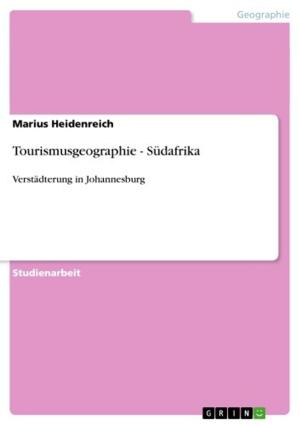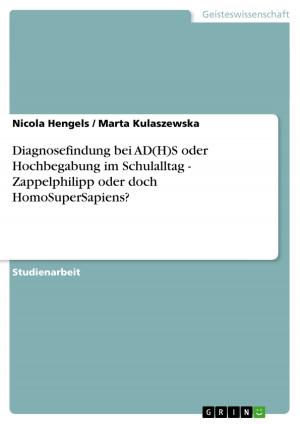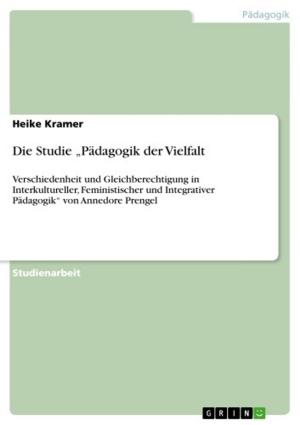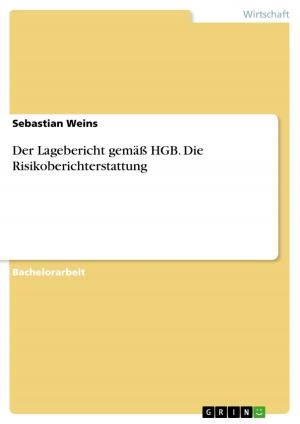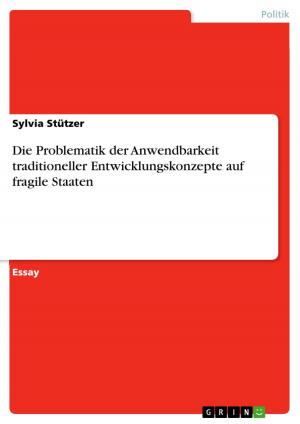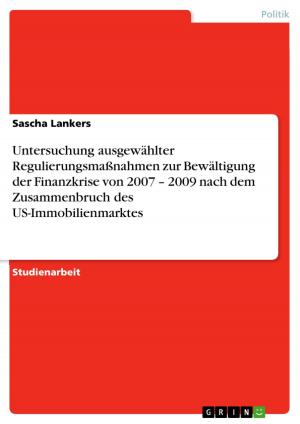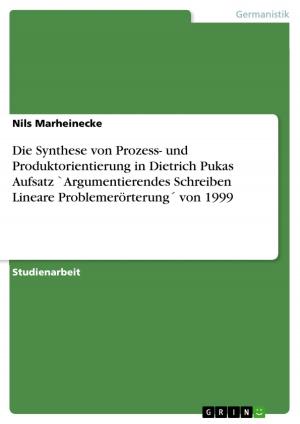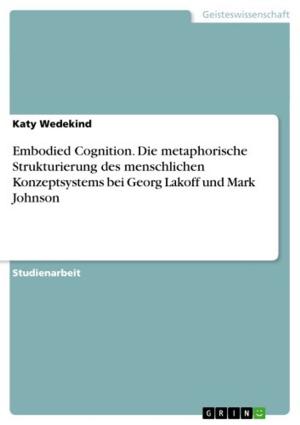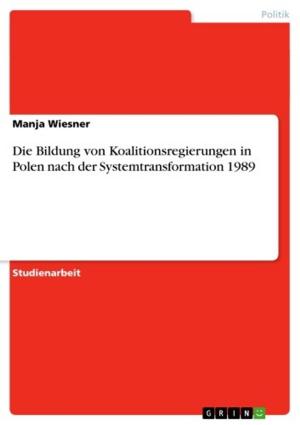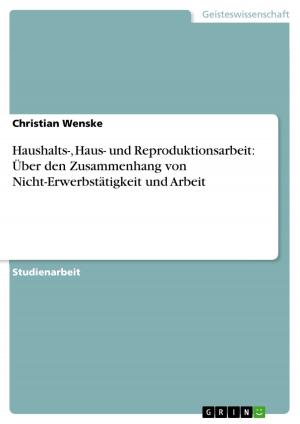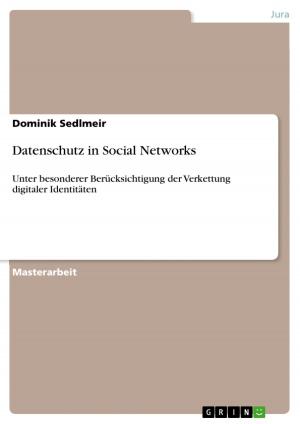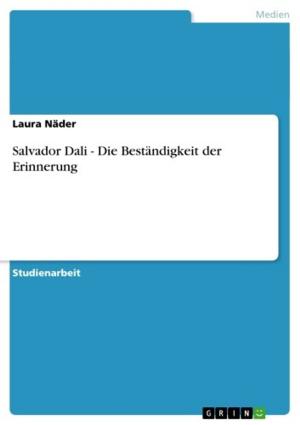Selection and Production of Recombinant Binders for Use in Protein Microarrays
Nonfiction, Health & Well Being, Medical, Medical Science, Microbiology| Author: | Mark Laible | ISBN: | 9783640994267 |
| Publisher: | GRIN Verlag | Publication: | August 29, 2011 |
| Imprint: | GRIN Verlag | Language: | English |
| Author: | Mark Laible |
| ISBN: | 9783640994267 |
| Publisher: | GRIN Verlag |
| Publication: | August 29, 2011 |
| Imprint: | GRIN Verlag |
| Language: | English |
Diploma Thesis from the year 2009 in the subject Biology - Micro- and Molecular Biology, grade: 1,1, German Center of Cancer Research Heidelberg, language: English, abstract: Antibodys are essential everyday tools for molecular biologists and much depends on their performance and availabilty. Large numbers of antibodys are available already, however, these cover only a small part of the known proteom. The generation of antibodies for proteom-wide studies using conventional methods, which are based on animal immunisation, would be hardly feasible and not sustainable. Recombinant binders may be able to fill the gap of missing affinity reagents. The main advantages of recombinant binders are (1) the wide availabilty in form of fully synthetic DNA libraries (2) the independance on animal immunisation, which still is the main source of antibodies today and (3) the possibility to design completely new classes of synthetic binders with definded properties. The aim of this work was to establish the selection and purification of recombinant binders for use in protein microarrays. Binders were selected from a synthetic library of single chain fragment variable (scFv) antibodies using phage display as tool for selection. A number of binders against gamma globulins and BSA-FITC could be selected from the library and were subsequently used for establishment of downstream applications. Several methods for expression and purification of the binders were tested mostly in regard to scFv yield. Methods for detection were evaluated for their sensitivity and specificity. As the long term aim was the setup of a protein microarray based on recombinant binders, multiple immobilisation strategies were evaluated, including a one step on-chip purification and immobilisation of scFvs from crude expression samples. The on-chip purification was shown to work. However, the best results regarding signal intensity were obtained using biotinylated protein-A purified scFvs immobilised in a directed manner on streptavidin-coated glass slides. Undirected immobilisation of purified scFvs on epoxy-silane slides was as well shown to be a possibility. In a side project, the novel phage RDA (representational difference analysis) technique for PCR and DNA hybridisation based selection of binders was applied. The major focus was put onto optimizing the critical steps of amplification of the scFv library by PCR.
Diploma Thesis from the year 2009 in the subject Biology - Micro- and Molecular Biology, grade: 1,1, German Center of Cancer Research Heidelberg, language: English, abstract: Antibodys are essential everyday tools for molecular biologists and much depends on their performance and availabilty. Large numbers of antibodys are available already, however, these cover only a small part of the known proteom. The generation of antibodies for proteom-wide studies using conventional methods, which are based on animal immunisation, would be hardly feasible and not sustainable. Recombinant binders may be able to fill the gap of missing affinity reagents. The main advantages of recombinant binders are (1) the wide availabilty in form of fully synthetic DNA libraries (2) the independance on animal immunisation, which still is the main source of antibodies today and (3) the possibility to design completely new classes of synthetic binders with definded properties. The aim of this work was to establish the selection and purification of recombinant binders for use in protein microarrays. Binders were selected from a synthetic library of single chain fragment variable (scFv) antibodies using phage display as tool for selection. A number of binders against gamma globulins and BSA-FITC could be selected from the library and were subsequently used for establishment of downstream applications. Several methods for expression and purification of the binders were tested mostly in regard to scFv yield. Methods for detection were evaluated for their sensitivity and specificity. As the long term aim was the setup of a protein microarray based on recombinant binders, multiple immobilisation strategies were evaluated, including a one step on-chip purification and immobilisation of scFvs from crude expression samples. The on-chip purification was shown to work. However, the best results regarding signal intensity were obtained using biotinylated protein-A purified scFvs immobilised in a directed manner on streptavidin-coated glass slides. Undirected immobilisation of purified scFvs on epoxy-silane slides was as well shown to be a possibility. In a side project, the novel phage RDA (representational difference analysis) technique for PCR and DNA hybridisation based selection of binders was applied. The major focus was put onto optimizing the critical steps of amplification of the scFv library by PCR.

